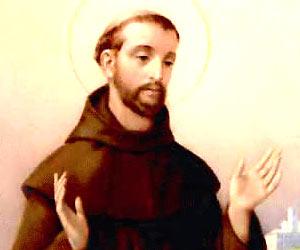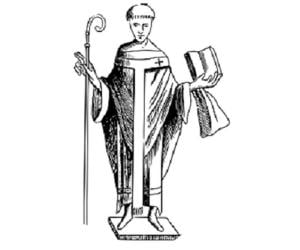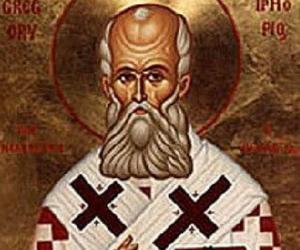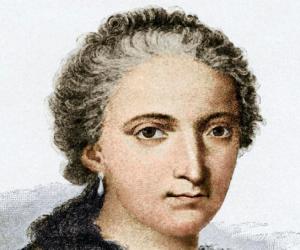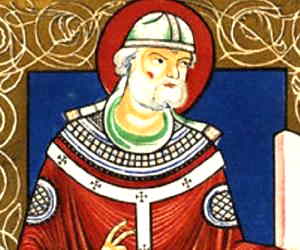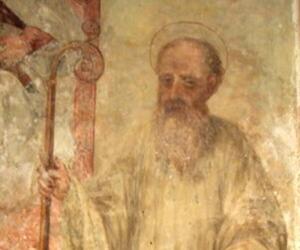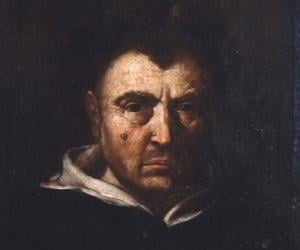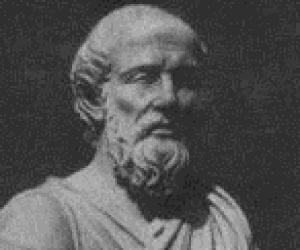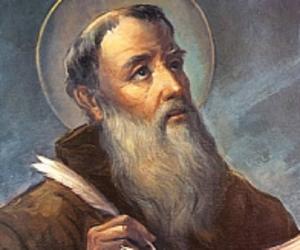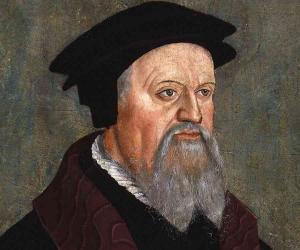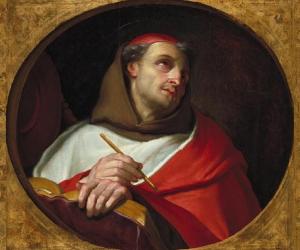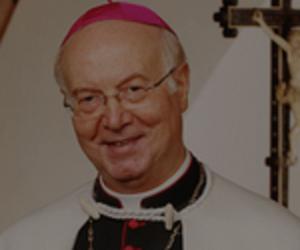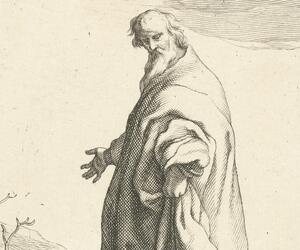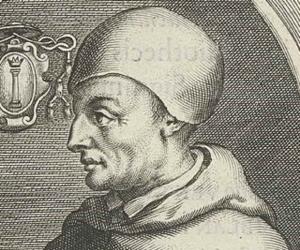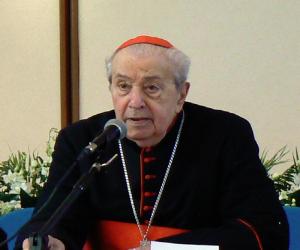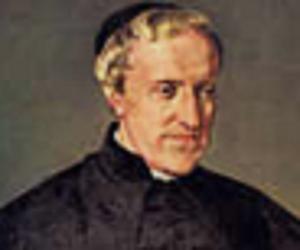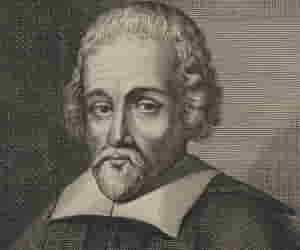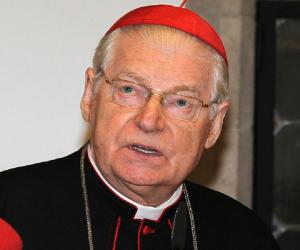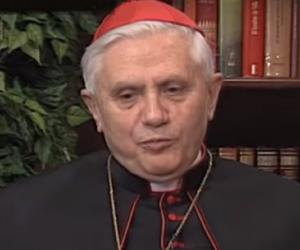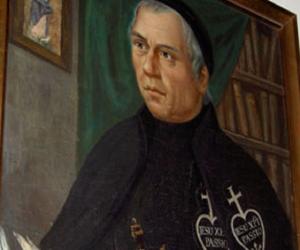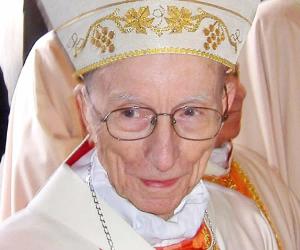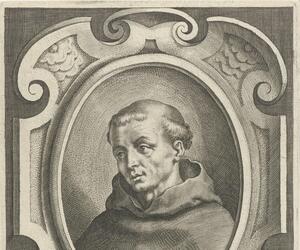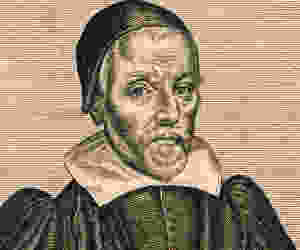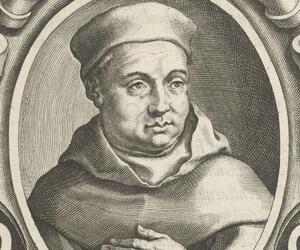1
St Francis of Assisi
(Founder of the Franciscans and One of the Most Venerated Figures in Christianity)
Birthdate: 1181 AD
Birthplace: Assisi, Italy
Died: October 3, 1226
St. Francis of Assisi, a revered figure in Christianity, was an Italian mystic and Catholic friar who founded the Franciscan religious order. Known for his commitment to a life of poverty and preaching, he established the men's Order of Friars Minor, the women's Order of St. Clare, and the Third Order of St. Francis. He is associated with patronage of animals and the environment, and is known for devotion to the Eucharist. Canonized by Pope Gregory IX, he is also the patron saint of Italy and the namesake of San Francisco.
